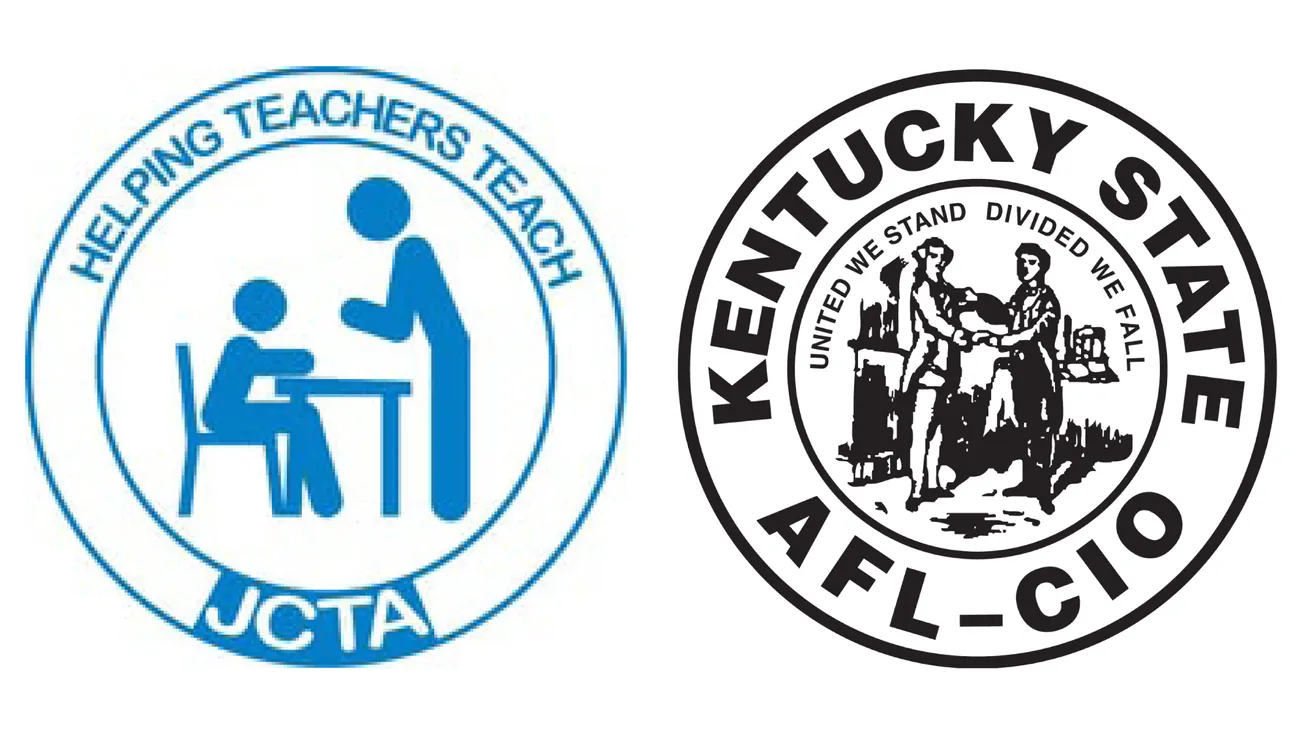Attorney General Daniel Cameron last week issued the second decision in as many weeks determining that the Office of the Governor violated the open records law in partially denying a request submitted by Sean Southard, director of communications for the Republican Party of Kentucky.
The analysis in last week’s decision largely tracks the earlier decision. The Office of the Governor “violated the Act when it denied a request for correspondence between or among 13 named individuals ‘mentioning or related to’ a named individual, where the requester clarified that he only sought messages containing a specific search term.”
The most recent adverse open records ruling focuses on Southard’s request for:
- “‘[a]ny and all correspondence between’ the Governor and the Lieutenant Governor ‘related to unemployment claims or the Office of Unemployment [Insurance] from December 10, 2019 to March 1, 2022;’”
- “communications between 13 named individuals and the former Executive Director of the Office of Unemployment Insurance during two specific date ranges;” and
- “communications ‘between or among’ the same 13 individuals ‘related to or mentioning’ the former Executive Director between December 10, 2019, and July 15, 2021.”
The Office of the Attorney General once again rejected the Governor’s defense that Southard’s request was over-broad and that fulfilling the request would imposed an unreasonable burden on his office.
There is nothing new here other than the subject of the request.
But something important has escaped notice.
- The Office of the Attorney General has twice determined that the Agriculture Commissioner violated the open record law (22-ORD-123 and 22-ORD-204).
- The Office of the Attorney General has twice determined that the Treasurer violated the open records law (22-ORD-182 and 22-ORD-255).
- Indeed, the Office of the Attorney General recently ruled that the City of Somerset — whose mayor entered the governor’s race in November 2022 — violated the open records law (23-ORD-003).
But in at least 12 open records appeals of his office’s handling of requests for public records of his own agency, Attorney General Danial Cameron found no violation of the law. (20-ORD-090; 20-ORD-136; 20-ORD- 147; 21-ORD-193: 21- ORD-248; 22-ORD-026; 22-ORD-078; 22-ORD-102; 22-ORD-186; 22-ORD-262; 22-ORD-263; and 22-ORD-264).
His track record is virtually untarnished.
In each appeal a nonmerit/political appointee authored the open records decision, casting at least some doubt on the independence of the review, the objectivity of the reviewer, and the correctness of the outcome.
This was not a problem in the 25 years I served in the Office of the Attorney General. The core open records staff consisted exclusively of nonpolitical/merit employees.
Yes, we reviewed open records appeals involving the Office of the Attorney General’s handling of an open records request. And, yes, we determined in some instances that the Attorney General violated the open records law.
In these cases, the office recognized an even greater need to observe the ethical wall between the Attorney General’s role as public records custodian and the Attorney General’s role as reviewer of public records custodian’s handling of open records requests.
In 08-ORD-021, for example, the open records staff determined that the Attorney General’s Medicaid Fraud and Abuse Division violated KRS 61.872(5) in improperly postponing requester’s access to public records and KRS 61.874(3) in imposing excessive copying charges for the records belatedly released.
In 99-ORD-121, the open records staff determined that the Attorney General’s Consumer Protection Division violated the Open Records Act and referred the appeal to the Department for Libraries and Archives for an investigation into records mismanagement.
And in 01-OMD-154, the open records staff determined that the Attorney General’s Child Support Guidelines Review Commission violated the Open Meetings Act by failing to comply with the requirements for special meetings and in adopting and implementing certain parliamentary procedures.
Has Attorney General Daniel Cameron’s staff acquired such a perfect mastery of Kentucky’s open government laws that it is incapable of violation?
The Franklin Circuit Court did not found that to be the case in American Oversight v. Office of the Attorney General. Instead, the court:
- repudiated the attorney general’s attempt to extend the “permanent exception”for Commonwealth’s and County Attorneys’ criminal litigation files —found at KRS 61.878(1)(h) — to non-criminal/non-litigation records and to re-write KRS 61.878(1)(h) to expand its protection to records of the attorney general.
- repudiated the attorney general’s attempt to expand the scope of the preliminary documents exceptions — as construed in Courier Journal v Jones to justify nondisclosure of the governor’s daily appointment ledger — to the widely publicized task force’s meeting notices and agenda; and
- rejected the adequacy of the attorney general’s search for responsive records, declaring that open records requesters “cannot be expected to know all relevant search terms or places where the agency may file such records. To place that burden on the requestor is to invite the agency to hide relevant records that are obscurely labeled or stored in deep recesses of its bureaucratic records system. It is the duty of the agency to conduct and open, thorough, and good faith search of its records in response to an Open Records request.”
Because the court (and American Oversight) remain concerned about the adequacy of the search for responsive records conducted by the Attorney General, the case has not yet become final.
A perfect public agency open records track record is a rare thing. But a review of the Attorney General’s open records decisions reviewing the Attorney General’s handling of open records request would suggest that he has achieved perfection.
The Kentucky Open Government Coalition (and the Franklin Circuit Court) are doubtful.
--30--








